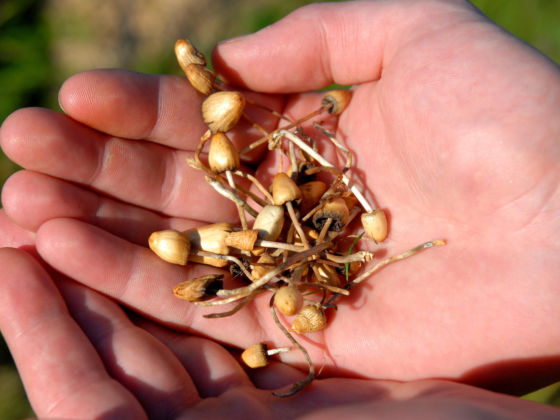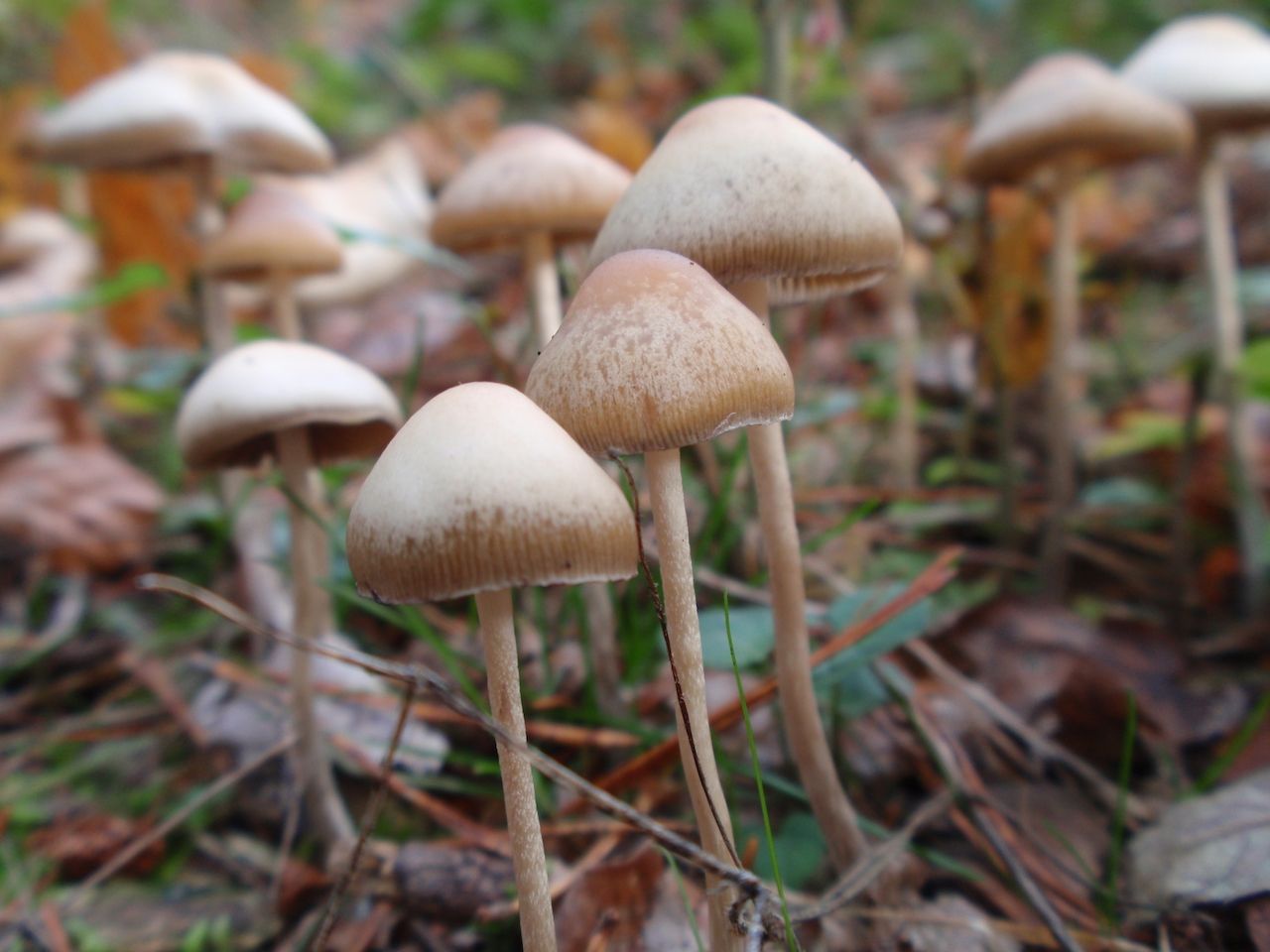With recent decriminalization of magic mushrooms in Denver, you may be thinking of paying a visit to the city sometime soon. Magic mushrooms have been making headlines over the past few years as more and more studies are showing the potential benefits. However, it’s important to keep in mind that these studies are done in controlled, clinical environments. To ensure you have a positive experience in a recreational setting if you plan on giving them a try in Denver, there are some things you need to keep in mind.


What are magic mushrooms or shrooms?
Magic mushrooms, also known as shrooms, is the term most often used to describe any species of mushroom containing psilocybin. This is the chemical responsible for the hallucinogenic effect when eaten. Psilocybin binds to serotonin receptors in the brain, which then alters your mood and perception. They grow naturally all over the world in moist environments, although the ones you are most likely to come across are cultivated by a grower.
The experience
“What is doing shrooms like?”, you may wonder. Magic mushrooms can take you on a powerful psychedelic journey. Everyone experiences them differently, and many factors can influence a trip. Generally, there are a few things you can expect from an average dose. Your perception of everything around you will change. All your senses will be heightened. Visually, you will hallucinate geometric or fractal-like patterns. Objects may morph, become distorted, or seem as if they are alive. You may also have some closed-eye visuals.
Mentally, you may feel as if you have left this reality. Time and space become very distorted and sometimes feel as if they don’t even exist. You may feel euphoric, emotional, and more open to your thoughts. Many also report their trip as a mystical or spiritual experience. In a study of 18 participants at the Johns Hopkins University School of Medicine, 61 percent said the psilocybin experience was “the single most spiritually significant [experience] of their lives,” while 83 percent rated it in their top five.
What to know before taking shrooms
Set and setting is one of the most important factors in preparing for any psychedelic experience.
Set refers to your mindset going into the trip. Make sure you are feeling happy and healthy. Don’t have any important commitments for the rest of the day, as this may stress you out. If you are not feeling good about something in your life, it can negatively affect your trip. It is highly recommended to set intentions for your trip. Ask yourself why you want to take magic mushrooms and what you hope to gain from the experience.
Setting refers to the physical environment in which you will take them in. What’s most important is that you are doing them somewhere where you feel comfortable. If you do them with others, make sure they are people whom you know well and trust. Ideally, do them in a safe space where you can sit or lie down, not be too warm or too cold, and have easy access to water, a toilet, and anything else you might need for the day. Also, try to go outside for at least a portion of your trip. You may want to rent an Airbnb cabin in the woods or similar for a fully-relaxed experience.
Dosage is also very important. If this is your first experience with magic mushrooms, start small. Remember that you can always eat more, but if you’ve taken too much, you can’t eat less. Tripsit recommends 0.8 grams of dried mushrooms to start off. A common dose is 1-2.5 grams, depending on the potency and strain of your mushrooms.
The entire experience can last about six to eight hours. Keep in mind it might take a couple of hours for them to really kick in.
Risks

Photo: Petr Pe/Shutterstock
The most common risk associated with taking magic mushrooms is having a bad trip. For some, they can cause confusion, fear, anxiety, and paranoia, and this can make the experience quite overwhelming. Set and setting are key for minimizing the risk of these feelings, but even then, sometimes they do occur. The Zendo Project, a psychedelic harm reduction group, states that, “Difficult is not the same as bad.” Rather than fighting these feelings, it is usually better to “let go.” A difficult, or challenging trip may be happening for a reason and may lead to learning and personal growth.
Another study at the Johns Hopkins University School of Medicine outlines guidelines for safety in its hallucinogen research. These same guidelines should be followed for recreational usage:
If you or your family have a history with schizophrenia, bipolar disorder, or other psychotic disorders, you should avoid magic mushrooms, as they can up the chances of developing prolonged psychosis.
You also should not mix magic mushrooms with any drugs that affect the serotonin system. For example, certain antidepressants, SSRIs, or serotonin supplements such as 5-HTP. Certain recreational drugs can also be dangerous. Tripsit has a great drug combination checker online.
There is also the risk of developing hallucinogen-induced persisting perception disorder, or HPPD. Essentially, this is when a user experiences hallucinations or “flashbacks” after the trip is over. However, reported cases of this disorder are rare.
Potential benefits
Magic mushrooms have most notably been proven to help with depression. In fact, the US Food and Drug Administration (FDA) designated psilocybin as a “Breakthrough Therapy” for depression in 2018. The study states, “Preliminary clinical evidence shows that it may demonstrate substantial improvement over available therapy.”
A study done at the South Dakota State University College of Pharmacy has also shown psilocybin can help with suicidal thoughts, anxiety, obsessive-compulsive disorder, alcoholism, and tobacco dependence.
But there are many benefits even for those not struggling with any of the above. Magic mushrooms have a high potential for long-lasting personal growth. In a one month follow-up of the Johns Hopkins study of 18 participants, 94 percent of volunteers said the experience “increased their sense of well-being or life satisfaction moderately or very much, and 89% rated moderate or higher changes in positive behavior.” The ratings remained high even 14 months after. “The types of behavior change most frequently cited by volunteers were better social relationships with family and others, increased physical and psychological self-care, and increased spiritual practice.”
Magic mushrooms have been ranked as the safest recreational drug by the 2017 Global Drug Survey. If you plan on using them recreationally, remember the risks and properly prepare for your trip in order to reap the full benefits.